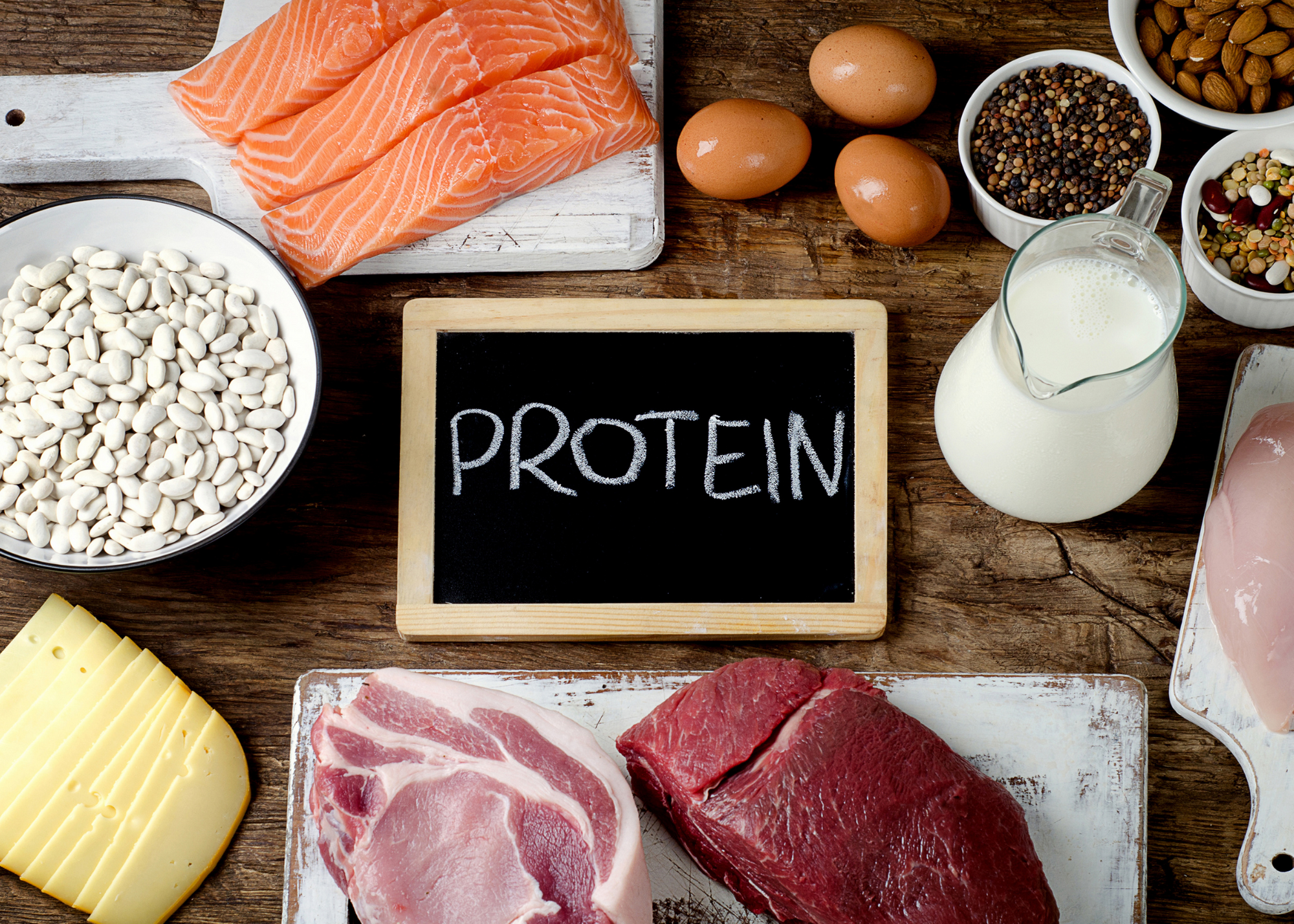As we age our dietary requirements change to adjust to our body’s new needs. One of the adjustments many studies have examined revolve around protein intake and how protein benefits our diet. Protein is pivotal in general health and remains vital as we age. There is some controversy on the amount of protein seniors should intake. Some claim a higher amount is beneficial, but the widespread consensus is continuous consumption is critical to healthy aging.
The protein benefits: why is protein important?
Protein benefits and has a variety of functions in the human body. Some of the major areas proteins are used include: digestion, blood clotting, providing structure to cells, assisting in pH level management, and balancing fluids. Protein is vital for healthy aging and as we age the body needs protein to operate properly. Healthy protein levels are particularly necessary for nitrogen balance. This assists with the age linked decrease in caloric intake, insulin action impairment, and internal protein synthesis. Muscle mass is another source of concern as we age. Having adequate protein intake is important for maintaining lean muscle mass.
What has protein?
Protein is found in a wide assortment of foods, some with a higher percentage than others. Meats, eggs, and dairy products are commonly known sources of protein. However, there are many plant based sources of protein as well. A major goal when eating protein is to ingest the nine amino acids the human body cannot make but still needs to work correctly. Certain plant and animal sources contain all nine of these essential amino acids. Additionally, supplements and protein drinks are good additions but should not be used to entirely replace meals when possible. This replacement could lead to a reduction in calories and protein over time. Below is a list of protein sources and the general amount of grams of protein per ounce.
- Lean chicken breast: 9g
- Lean pork chops: 8.8g
- Tuna: 8.5g
- Firm Tofu: 5.4g
- Lentils: 3g
- Greek Yogurt: 3g
Protein Benefits & Your Lifestyle
Finding ways to incorporate protein into your lifestyle is personal and varies with each individual. It is never too late to try a new dish or experiment with a new food. Receiving professional guidance to ensure you are meeting all of your dietary needs is another step in healthy aging. Contact the Care Concierge team at 833-604-1354 for more information and assistance in finding a geriatric dietician or food assistance in your area.
Additional Resources:




